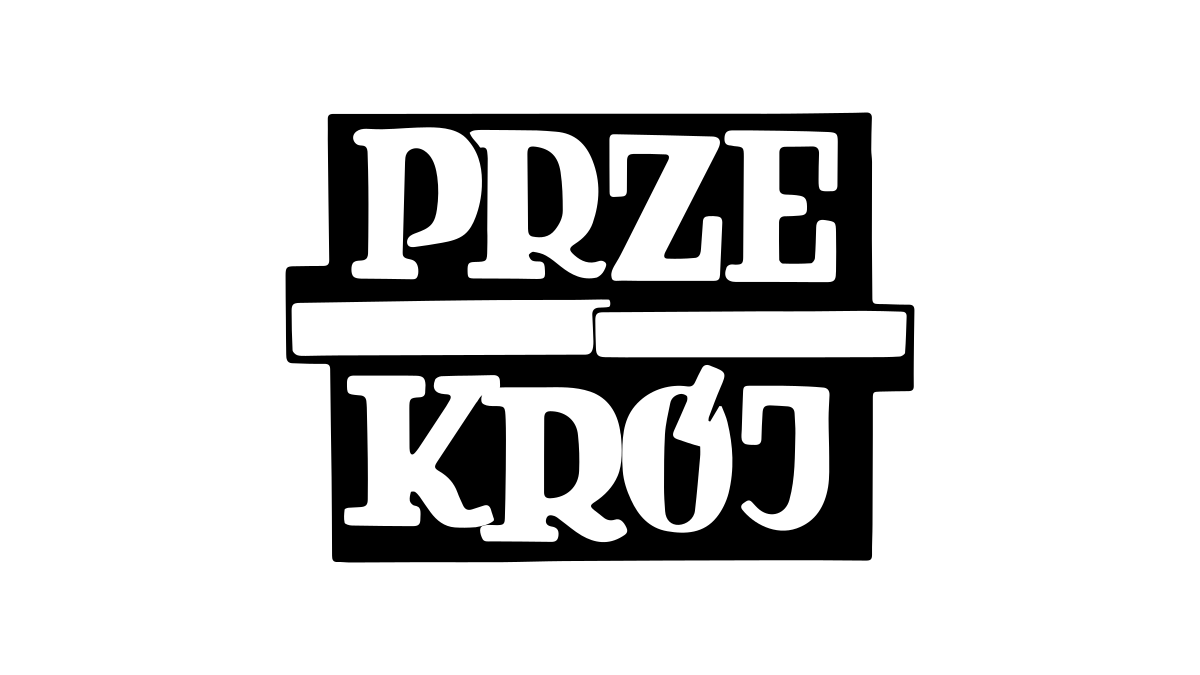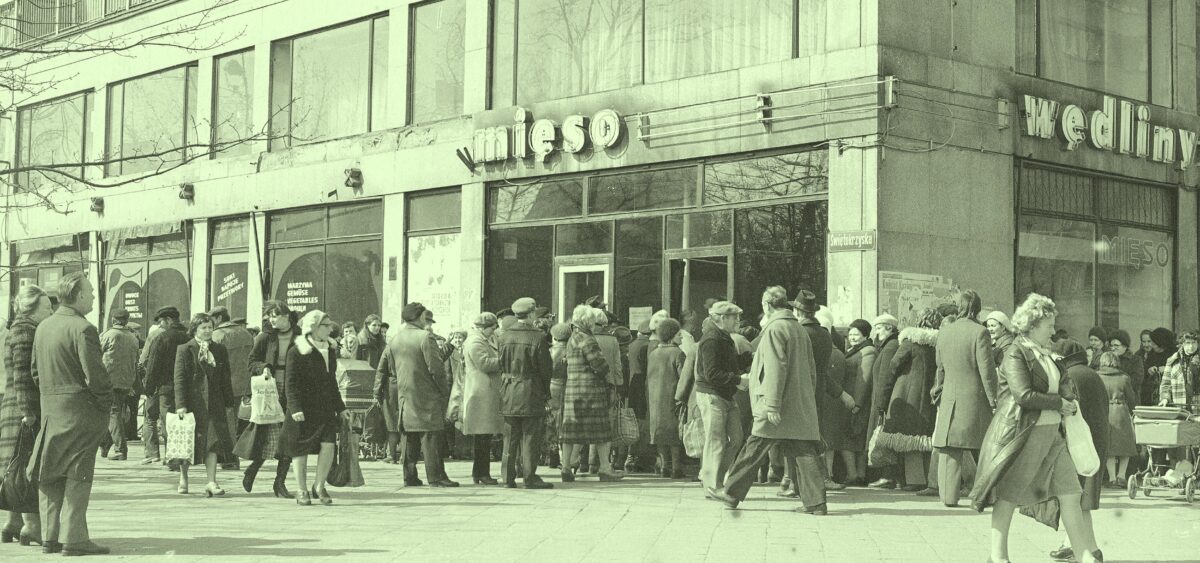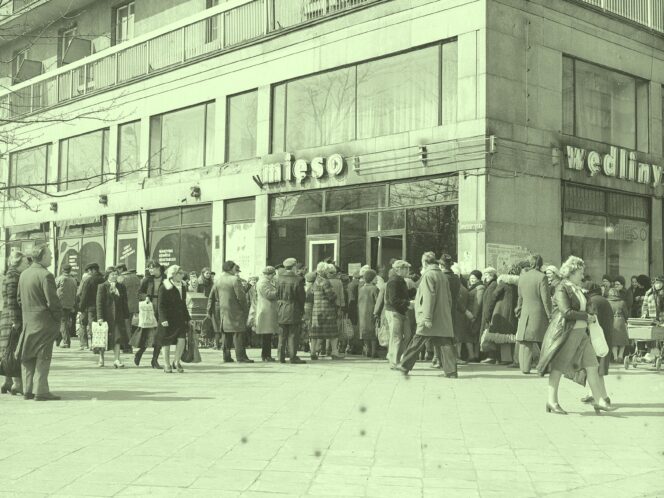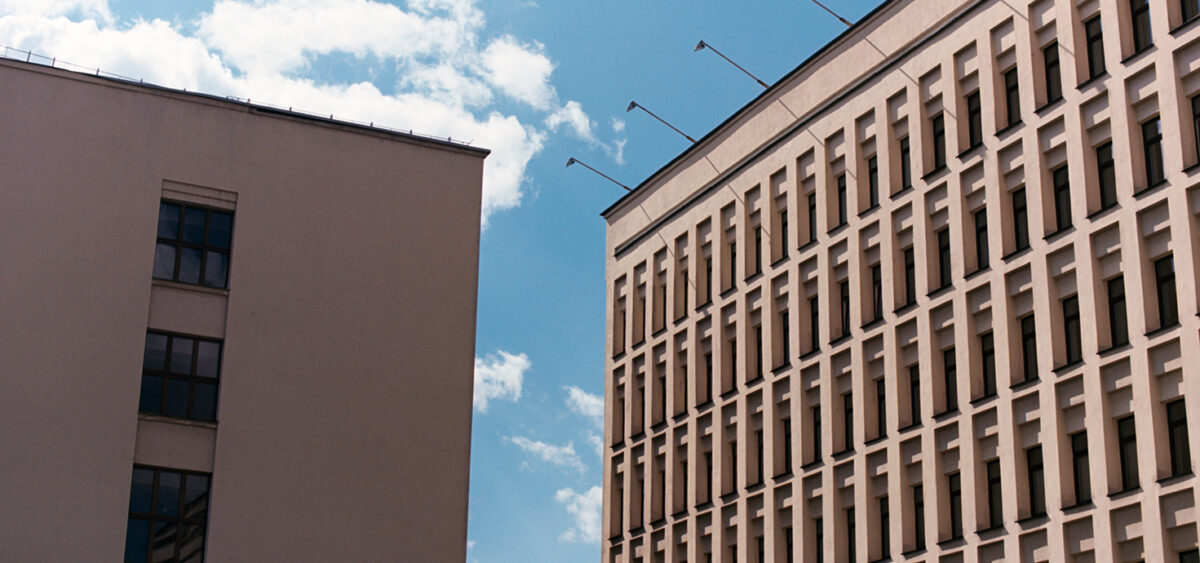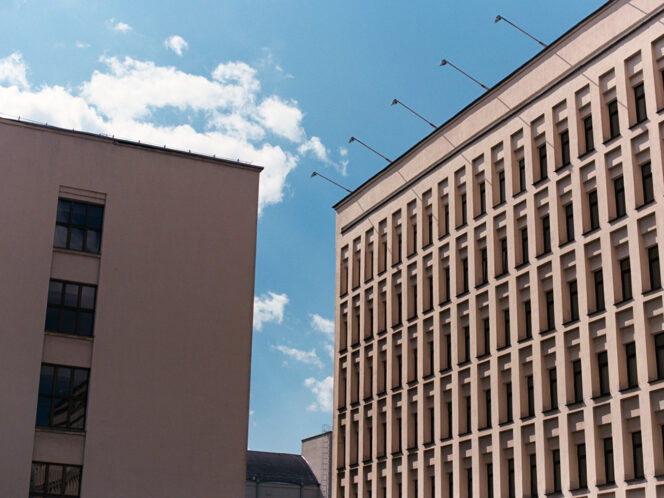
I was gazing at the empty shelves of a huge London superstore in frantic disbelief. Usually overloaded with dozens of types and brands of any given product, the aisles with long-life foods were chillingly bare. “Ladies and gentlemen, we would like to remind you that new restrictions allow the purchase of only two units of each item, and high-demand products like toilet roll or eggs are limited to one pack per customer,” a silvery, pre-recorded female voice announced.
As a person privileged enough to have never experienced anything even slightly resembling a shortage of consumer abundance of any kind in my lifetime, I was walking through the superstore in awe. These visible effects of this coronavirus-triggered, nationwide exercise in stockpiling made me ponder on how this is a stress-test for the land of plenty that we have been taking for granted for too long in our secure Western democracies.
Then, various social distancing measures were introduced that inevitably resulted in long queues of customers, lined up two metres apart outside of shops. We all knew that this temporary shortage would revert to normal
